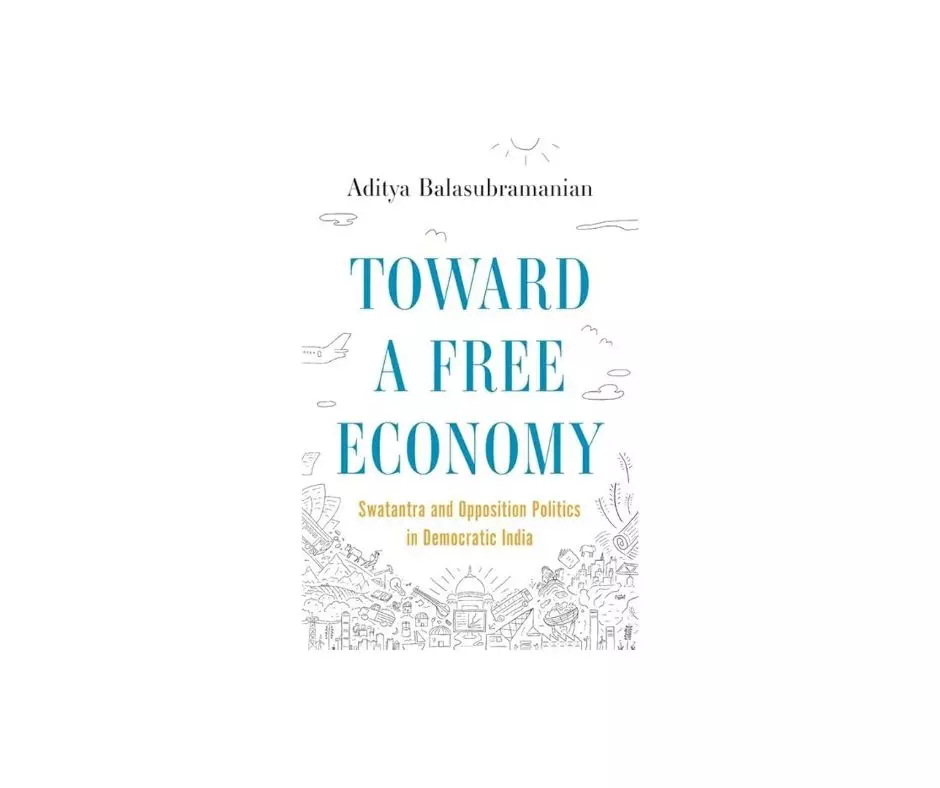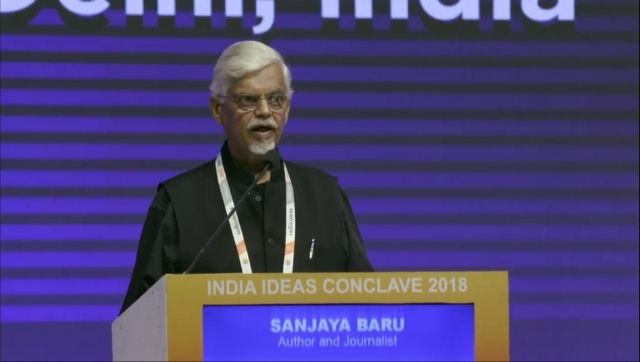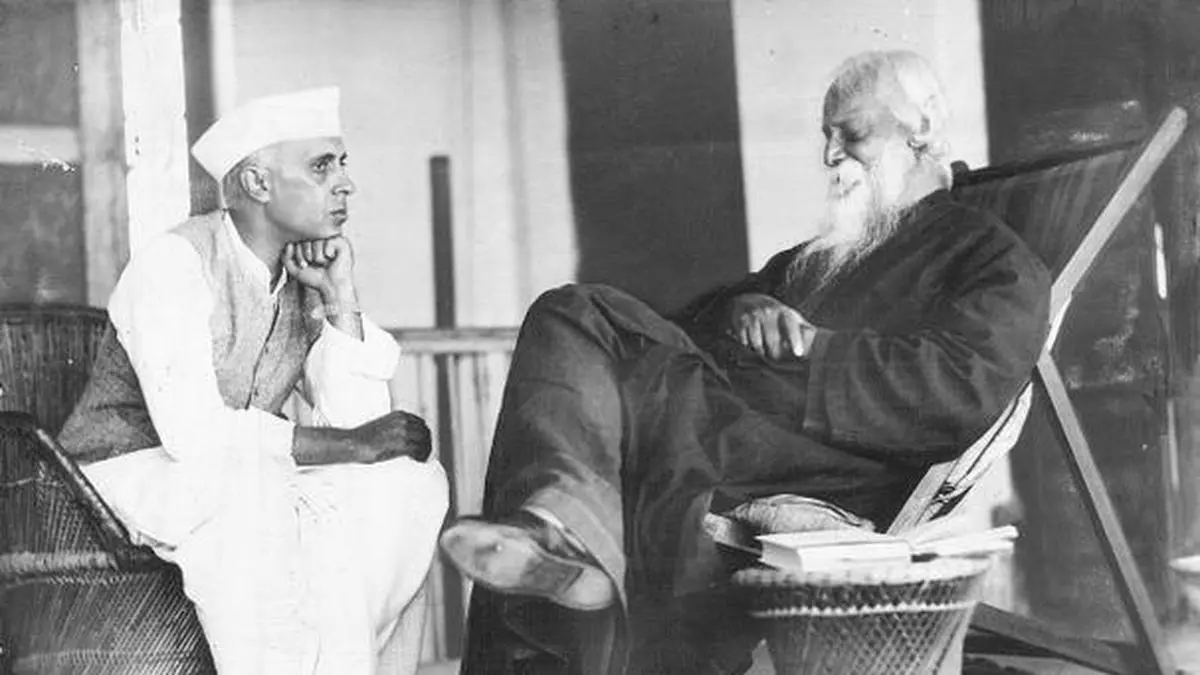
Book Review | Policies that leverage behavioural economics can effect positive change
Deccan ChronicleThe myriad challenges notwithstanding, in its post-Independence history, the economy of India has seen improvements across many parameters — life expectancy, primary education, sanitation and healthcare, poverty reduction, and the rate of economic growth. These and other associated questions form the kernel of India in Search of Glory: Political Calculus and Economy, the new book by Ashok K. Lahiri, academic, author and politician, a member of the West Bengal Legislative Assembly from Balurghat, also a member of the Fifteenth Finance Commission, and former chief economic adviser to the Government of India. Debunking the received wisdom that corruption in India’s economic history is a relatively recent phenomenon, Lahiri points out several instances of corruption through the 1950s and 1960s. For instance, to return to the matter of reducing polarisation, Lahiri states: “The ways of reducing it, for example checking the criminalisation of politics, and improving the efficiency of the law-and-order machinery, particularly in urban areas most susceptible to religious riots, is beyond the scope of this book.” If Lahiri is to pen an account that describes India’s Path To Glory, detailing how specific goals may be empirically achieved within a definite timeframe, that would make for a worthy companion volume.
History of this topic

The Indian economy is yet to fully escape the state’s shackles
Live Mint
Book Review | Writing India’s own history of libertarian economic thought leadership
Deccan Chronicle
Decoding flaws in country’s economic, political policies
Hindustan Times
Under Modi Govt, The Poor Are Back To Square One 30 Years After Liberalisation
The Quint)
Sanjaya Baru's new book to dissect power struggles in Indian politics, culture and economy
FirstpostDiscover Related

)

)
)

)



































)
